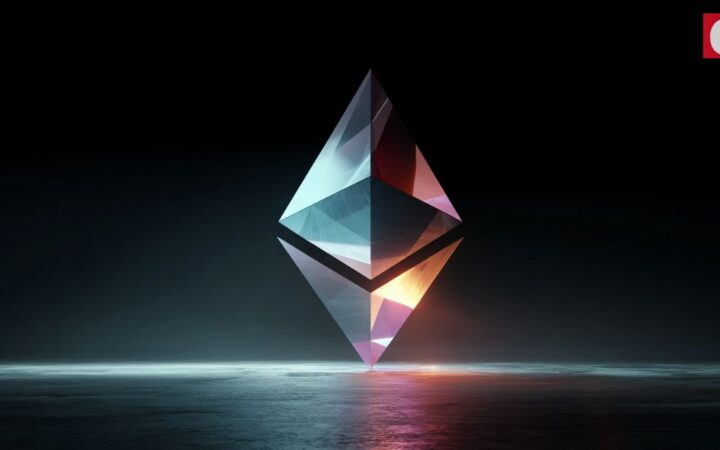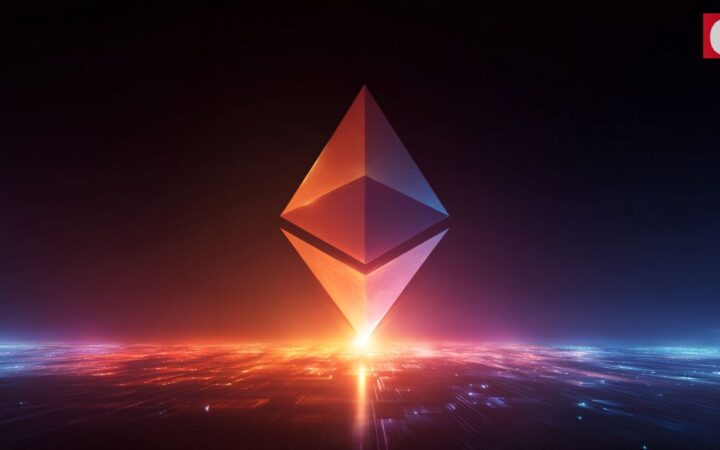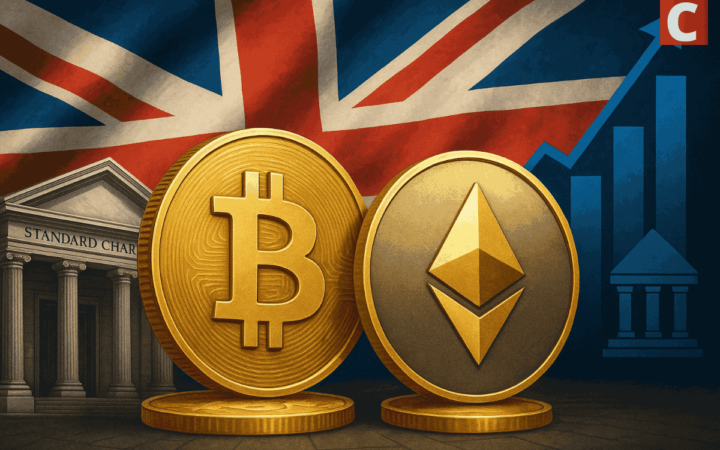
Please check out latest news, expert comments and industry insights from Coinspeaker's contributors.
As for the campaign launchers, Raiinmaker saves them the heavy costs associated with outdated marketing campaigns.

Cryptocurrencies have become a global topic of discussion in recent years as more people understand the value proposition of decentralized ecosystems. Bitcoin, in particular, is being adopted by prominent stakeholders such as financial institutions and governments. This trend has pushed the digital asset’s value to hundreds of billions in market capitalization, not only for speculative reasons but also the significance of its underlying technology.
Looking back, Satoshi’s main reason for inventing Bitcoin was to cut off the middlemen who caused the 2008 global financial crisis. According to the analogy used by the anonymous BTC creator, a decentralized peer-to-peer currency would give power back to the people. Today, Bitcoin is being used as a form of payment or an alternative way to transfer money while avoiding the heavy fees associated with third parties.
Even better, the leading digital asset paved the way for more innovations whose fundamentals are based on decentralized architectures. Some of the crypto niches that seem to be gaining traction include Decentralized Finance (DeFi): an ecosystem composed of decentralized financial services ranging from lending & borrowing, exchanges and derivative instruments.
There have also been significant innovations in other areas, including the marketing industry, where decentralization is changing the landscape. That said, let’s take a deep dive into the value proposition of decentralized crypto assets and how they are transforming native industries.
As mentioned in the introduction, cryptocurrencies eliminate central parties such as banks and monetary authorities that have had a grip on financial markets for over a century. Banks have often been criticized for offering meagre returns on savings while charging exorbitant fees for banking services. On the other hand, central banks and the federal reserve are causing serious inflation levels by printing money and using unfavourable monetary policies.
Thanks to DeFi, the world has an opportunity to get rid of these middlemen, effectively increasing market returns and control over their money. This nascent ecosystem hosts several projects with the current total value locked (TVL) in DeFi protocols standing at $86 billion, a figure that has grown by over four times within the past year.
Unlike the centralized approach taken by traditional firms, DeFi leverages smart contracts to enforce contractual agreements. Smart contracts are designed with pre-coded conditions, which automates the execution of the underlying contractual agreement. Essentially, anyone in the world can use DeFi protocols to access financial services that would have been cumbersome given the jurisdictional hurdles and KYC requirements.
It is not surprising that institutional firms that previously viewed DeFi as a threat are joining the bandwagon. Analysts from large banks such as JP Morgan have identified DeFi staking as one of the potential investment areas in the near future. A report published by senior analysts from the bank noted that,
“Not only does staking lower the opportunity cost of holding cryptocurrencies versus other asset classes, but in many cases cryptocurrencies pay a significant nominal and real yield,”
Other than the financial markets, cryptocurrencies have been introduced to other industries like marketing. According to Business Insider Intelligence, the influencer marketing industry is projected to grow to $15 billion by 2022, with more young people ready to participate in one way or another.
On this front, we have crypto innovations such as Raiinmaker, a blockchain-built platform that seeks to decentralize influencer marketing through its Proof-of-Influence (PoI) protocol. The platform’s PoI consensus combines marketing budgets, smart contracts and influencers. Ideally, anyone can launch a marketing campaign on the Raiinmaker app and attract influencers who are in turn compensated with the project’s native token ‘Coiin’ based on traction metrics.
As for the campaign launchers, Raiinmaker saves them the heavy costs associated with outdated marketing campaigns. Some of the significant initiatives that have been pioneered on this decentralized platform include the Global Field Day campaign, whose goal is to inspire the return to play and fun activities as we navigate the post-pandemic world.
Going by the trends, it is inevitable that influencer marketing will shift from centralized platforms like Tiktok in favour of decentralized marketing ecosystems. However, the paradigm shift may take some time before a noticeable change in market dominance.
Decentralized Autonomous Organizations (DAOs) take a completely different approach from the standard centralized, traditional model. With DAOs, the ecosystem is run by distributed stakeholders through a coordinated shared set of rules. These rules are enforced via the blockchain infrastructure and smart contracts.
The DAO governance model has become popular within the crypto industry as most projects rely on governance tokens to vote on important decisions about a specific protocol’s development. In essence, DAOs give the decision-making power to the community, enabling all stakeholders to share their opinions and act in the best interests.
While traditional firms are still hell-bent on a centralized approach, crypto projects using a DAO governance model show that it could be the future. A 2014 publication by Ethereum’s founder Vitalik Buterin highlighted that DAOs follow the same concept as modern-day organizations, with the only difference being in the hierarchical structure:
“The idea of a decentralized organization takes the same concept of an organization, and decentralizes it. Instead of a hierarchical structure managed by a set of humans interacting in person and controlling property via the legal system, a decentralized organization involves a set of humans interacting with each other according to a protocol specified in code, and enforced on the blockchain.”
As much as the concept may seem far-fetched, the history of Bitcoin has taught us not to underestimate the potential of cryptocurrencies. DAO ecosystems will likely be the standard operational models of tomorrow’s industries. Alternatively, existing sectors will integrate decentralized architectures, as we have seen in finance and marketing. The future is about to get interesting with decentralization!
Disclaimer: Coinspeaker is committed to providing unbiased and transparent reporting. This article aims to deliver accurate and timely information but should not be taken as financial or investment advice. Since market conditions can change rapidly, we encourage you to verify information on your own and consult with a professional before making any decisions based on this content.

Please check out latest news, expert comments and industry insights from Coinspeaker's contributors.




